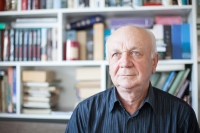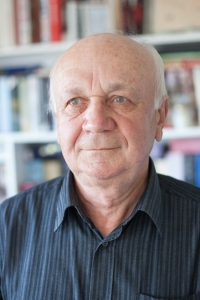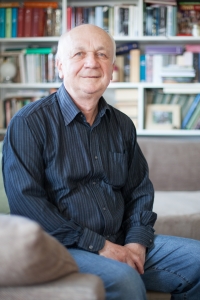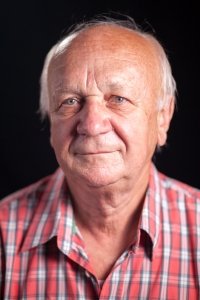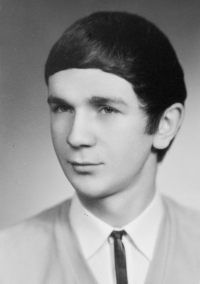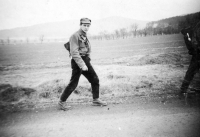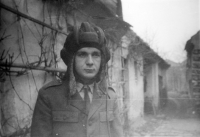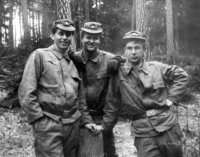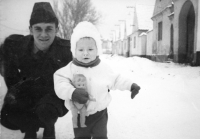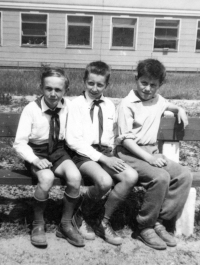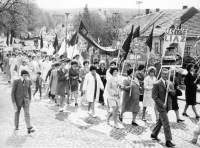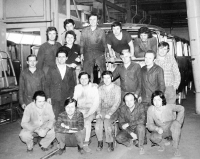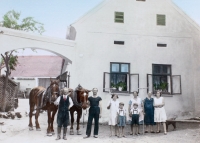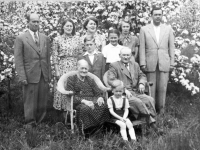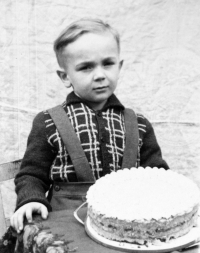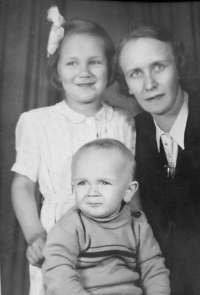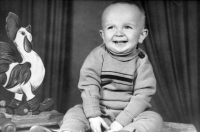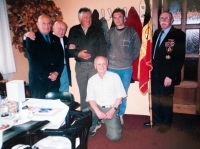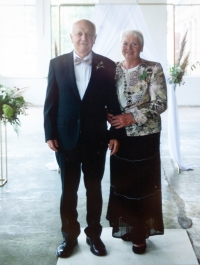I had been serving with tank brigade
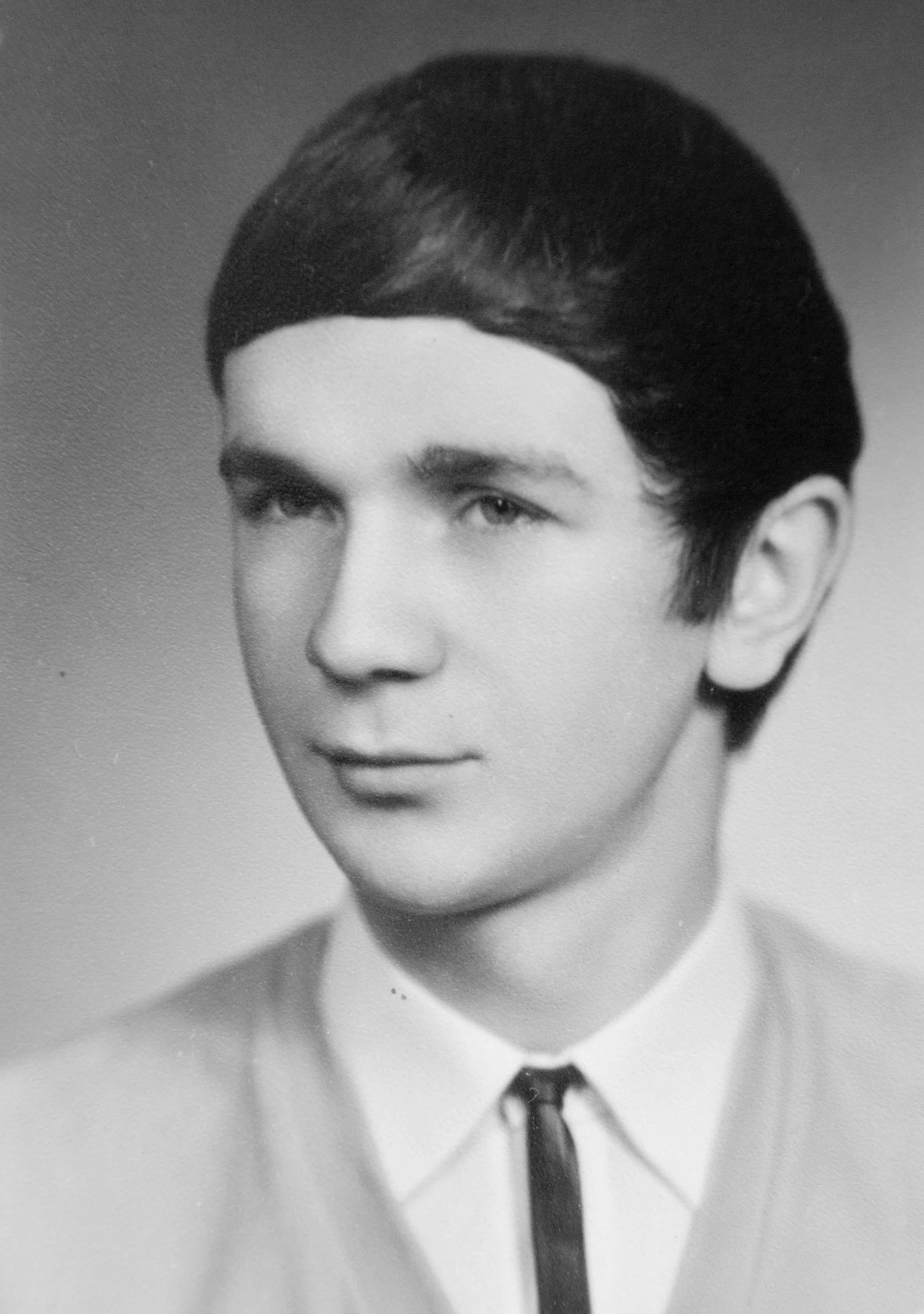
Download image
Rudolf Švec was born in Pilsen, Czechoslovakia, on 28 February 1948 as the second child of Rudolf and Anna. He grew up in Holýšov, on a farm owned by his grandfather, Jan Hübner, a farmer and a coal merchant. He witnessed his grandfather’ s farm being nationalized and his family being evicted. In 1966 he completed his training as a coach-builder – tinsmith in SVA Holýšov national enterprise. He co-founded the ‘White Lily’ (‘Bílá Lilie’) tramping movement camp. With his friends he had been hiking throughout Western Bohemia. In 1967, he married Anna, and his daughter Michaela was born in the same year. He had his compulsory military service postponed by two years due to medical reasons. In April 1969, he joined the 23. Tank Regiment in Holýšov. After training, he had been serving as a gunner at a T54 tank. In August 1969, with gun and ammunition, he was deployed with an auxiliary unit of the National Security Corps (SNB) in the streets of Staňkov and Holýšov. Authorities had been expecting riots on the first anniversary of the Warsaw pact invasion, yet no protest took place in the end. While firing live ammunition during an exercise in Dobrá Voda near Prášily, he witnessed a tragic accident in which his colleague was involved. After leaving the army in 1971 he returned to the SVA Holýšov production plant. In 1975, his son, Rudolf, was born. In the 1980s he joined the ‘obligatory’ protests against deployment of Pershing rockets in West Germany. In 1987, he saw mummified Lenin in Moscow. To get a coupon for a co-op holiday in the USSR, he had to carry a red banner in front of people marching on May the 1st celebrations. On 20 November 1989, he attended the public Communist Party meeting in Holýšov. In 1998, he joined the Civic Democratic Party (ODS). He had been elected a local representative in 2002. He participated in the erection of the memorial of the liberators of Holýšov. He was awarded a Polish medal for his maintenance of the Holy Cross Brigade memorial plaque. After retiring in 2009, he kept working for his village. At the beginning of the Covid 19 epidemic in March 2020, he had been evacuated from Zanzibar where he had been spending his holidays. At the time the interview had been taken (2021) he was living in Holýšov.
